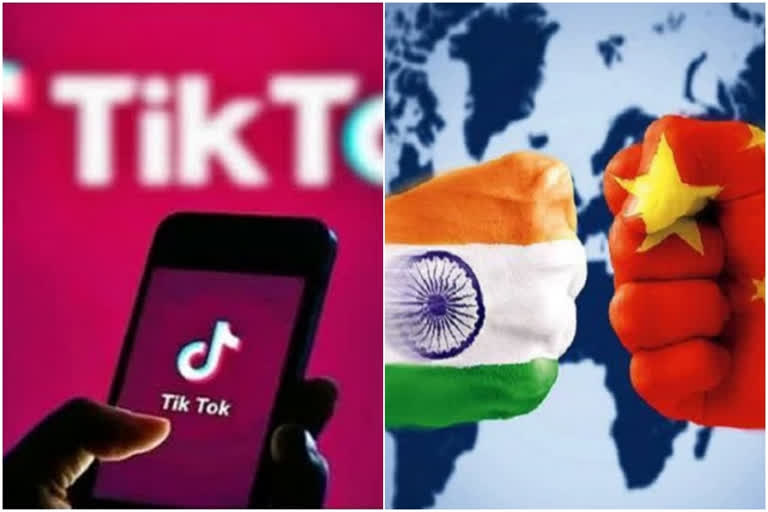New Delhi: With the Government of India’s decision to ban 59 Chinese mobile applications on security grounds, the issue of deep penetration of Chinese internet companies in India has come to the fore as the operation and investment of these companies are difficult to trace back to their original promoters.
Some of these tech giants are well known as Chinese companies such as Baidu, Alibaba founded by Jack Ma, and Tencent. These are usually referred as the big three or BAT of China. But some other Chinese tech giants and their mobile applications are not so well known as Chinese brands due to their listing in the US and other stock markets.
For example, several of the popular mobile applications that figure in the list of 59 banned mobile apps belong to a company listed in the New York Stock Exchange Cheetah Mobile (stock ticker CMCM).
Read: India's ban on 59 Chinese apps: What lies ahead
The company owns apps like Cheetah Mobile Browser, Security Master, Clean Master (a mobile application to clean junk files from smartphones) among others but these apps have English or western names as per their usage and functions and no apparent link to China.
Amit Bhandari, a fellow at Mumbai based foreign policy think-tank the Gateway House, says a listing in the US Stock Markets helps these Chinese tech companies to avoid suspicion.
“In the case of technology companies, there is suspicion about something completely coming out of China. It has been kind of whispered for long that data is not safe and all,” he told ETV Bharat.
Few people know that Cheetah Mobile is also linked to Xiaomi, the Chinese handset maker with the largest share in India’s smartphone market.
Xiaomi markets its phones under three different brands, Redmi phones, Mi phones and Poco phones and has its own ecosystem of mobile applications under its own brand name such as Mi Pay, Mi Video, Mi Store and Mi Web Browser that comes preinstalled in its phones.
However, due to the low awareness about Xiaomi and its founder Lei Jun’s linkages to Cheetah Mobile, apps like Clean Master, Security Master, Cheetah Games, Cheetah Keyboard, Photo Grid and some others were not considered as typical Chinese apps before some of them were banned by the government early this week.
Cheetah Mobile, which has its headquarters in Beijing, China but is listed in the New York Stock Exchange in the US, was formed in 2010 following the merger of Kingsoft Network and Conew image. The company was later renamed to Cheetah Mobile.
Amit Bhandari, who co-authored the Gateway House’s report: China’s Strategic Tech Depth in India, says it is easier for western companies to enter and operate in India.
“For Western companies, access is easier and suspicion is less,” he told ETV Bharat.
Read: After app ban, experts ask what about Chinese phones?
According to a separate report by the Gateway House, nearly half of the apps downloaded by Indian users in 2018 were linked to Chinese internet companies with significant privacy risks as these apps asked for far more access to user information than the permissions demanded by the apps of other global tech giants.
A US-based company, Zoom Video Communications, Inc, which owns popular online video meeting app Zoom, also faced questions over the privacy of its user data as the data was routed through China.
Last month, these criticisms prompted its founder and chief executive officer, Eric S Yuan, to assert in a blog post that he took the US citizenship in 2007 and his company Zoom was an American company, not Chinese.
However, the company faced criticism over alleged interference by Chinese Communist Party after it suspended the account of a US-based activist this month who was hosting an event to commemorate China’s crackdown on pro-democracy supporters at Tiananmen Square in 1989.
“If the promoter is a Chinese person so the problem is when to say it is not Chinese and at what point it becomes Chinese,” Amit Bhandari said.
“Frankly, it's better to be careful,” warned the researcher.
According to the data compiled by the US authorities in February 2019, there were 156 Chinese companies listed in the US Stock markets with a combined market value of over $1.2 trillion.
The list included companies like Alibaba, Tencent, Baidu, Weibo Corporation, and Cheetah Mobile among others.



